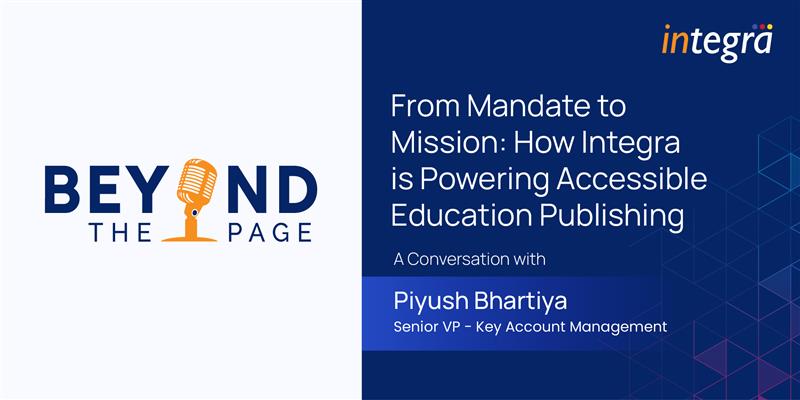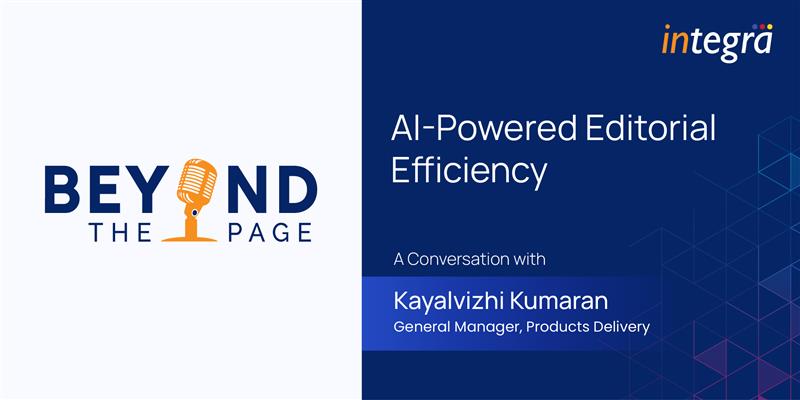Navigating the Future of Work: A Focus on Workforce Development

Introduction
We live in a world where drones have started to deliver medicine, artificial intelligence diagnoses diseases, and the future of work is accelerating with breathtaking speed. There is no denying the fact that technology is transforming every facet of the workforce, and companies have already started to embrace this phenomenon. As a matter of fact, approximately 62% of hiring managers believe that AI has the power to change the nature of work, whether through insight generation or task automation. By exploring the symbiotic relationship between workforce development and the evolving economy, one can gain a clearer understanding of the measures necessary to foster adaptability, innovation, and sustainable growth in the years to come.
Workforce Development: Importance and Meaning
The main idea behind workforce development is to foster a more people-centric approach when it comes to business development. At its essence, workforce development encompasses a holistic set of strategies and initiatives aimed at equipping individuals with the skills, knowledge, and adaptability required to flourish in a rapidly evolving professional landscape.
In order to inculcate workforce development, organizations must prioritize employees’ goals and needs. A few points that justify the importance of workforce development are:
Increased Productivity
Workforce development plays a crucial role in increasing productivity within an organization. When employees are provided with the right technological resources, like AI, it can improve their productivity by almost 59%.
Boosted Morale
Investing in workforce development has a direct impact on employee morale and job satisfaction. When organizations demonstrate a commitment to the growth and development of their employees, it sends a clear message that individual contributions are valued.
Reduced Skill gaps
As industries evolve and technologies advance, skill gaps can emerge between the capabilities of the existing workforce and the demands of the job market. Workforce development programs address this challenge by offering training and upskilling opportunities. By identifying skill gaps and providing targeted education, organizations can ensure that their employees possess the relevant competencies required to excel in their roles.
Adaptation to Changing Technology
In an era characterized by rapid technological innovation, the ability to adapt to changing technology is crucial. Workforce development equips employees with the skills to navigate new tools, software, and processes. This proactive approach to learning ensures that employees are not only comfortable with emerging technologies but also capable of leveraging them to improve their work.
The Impact of Automation, AI & Robotics on Workforce Development
Automation, AI, and Robotics are some of the buzzwords taking the business landscape by storm. The integration of these technologies has indeed opened a new window for the workforce. As a matter of fact, a recent report by MIT and Boston University estimates that by 2025, robots can replace 2 million employees in the manufacturing sector.
Reskilling and Upskilling
Automation and AI are redefining the skills required for the modern workforce. Many traditional job roles are becoming obsolete, emphasizing the need to upskill and reskill. Workforce development initiatives concentrate on identifying the skills that are in demand within evolving industries. This involves providing training and educational opportunities to equip individuals with these necessary competencies.
Human-Machine Collaboration
As automation, AI, and robotics become integral parts of the workforce, a new dimension emerges: collaboration between humans and machines. Workforce development acknowledges the importance of preparing individuals to work seamlessly alongside intelligent systems. This collaboration goes beyond mere technical proficiency and delves into understanding how to harness the strengths of both humans and machines.
Job Displacement
It has been estimated that by 2030, approximately 400-800 million individuals could be displaced by automation. Workforce development extends beyond skills acquisition to include measures for supporting individuals in their transition. Career counseling, job placement services, and financial assistance programs help displaced workers find new opportunities in industries that align with their skills.
Being Proactive, Staying Ahead of the Curve
In light of the current situation, leading voices within various industries and human capital development organizations predict that the following emerging skill sets will be crucial for the future of work:
- Digital literacy
- Emotional intelligence
- Effective communication
- Complex problem-solving abilities
- Cognitive flexibility
Businesses, particularly those with labor-intensive operations and those operating within high-tech domains, need to take proactive measures to adapt to these emerging realities.
Investing in employee development and career planning becomes paramount as automation, AI, and robotics reshape industries. The benefits of such investment are manifold: increased productivity driven by technology, elevated morale fostering commitment, bridged skill gaps through upskilling, and seamless adaptation to changing technological frontiers.
Additionally, the strategic collaboration between humans and machines bolsters efficiency while reskilling initiatives address potential job displacement. In the age of automation, nurturing employee growth not only ensures evolution but also fuels prosperity in the dynamic economy of tomorrow.
Recent Blogs

Strategic Standards Alignment in K–12 Education through Smart Content and Intelligent Infrastructure



